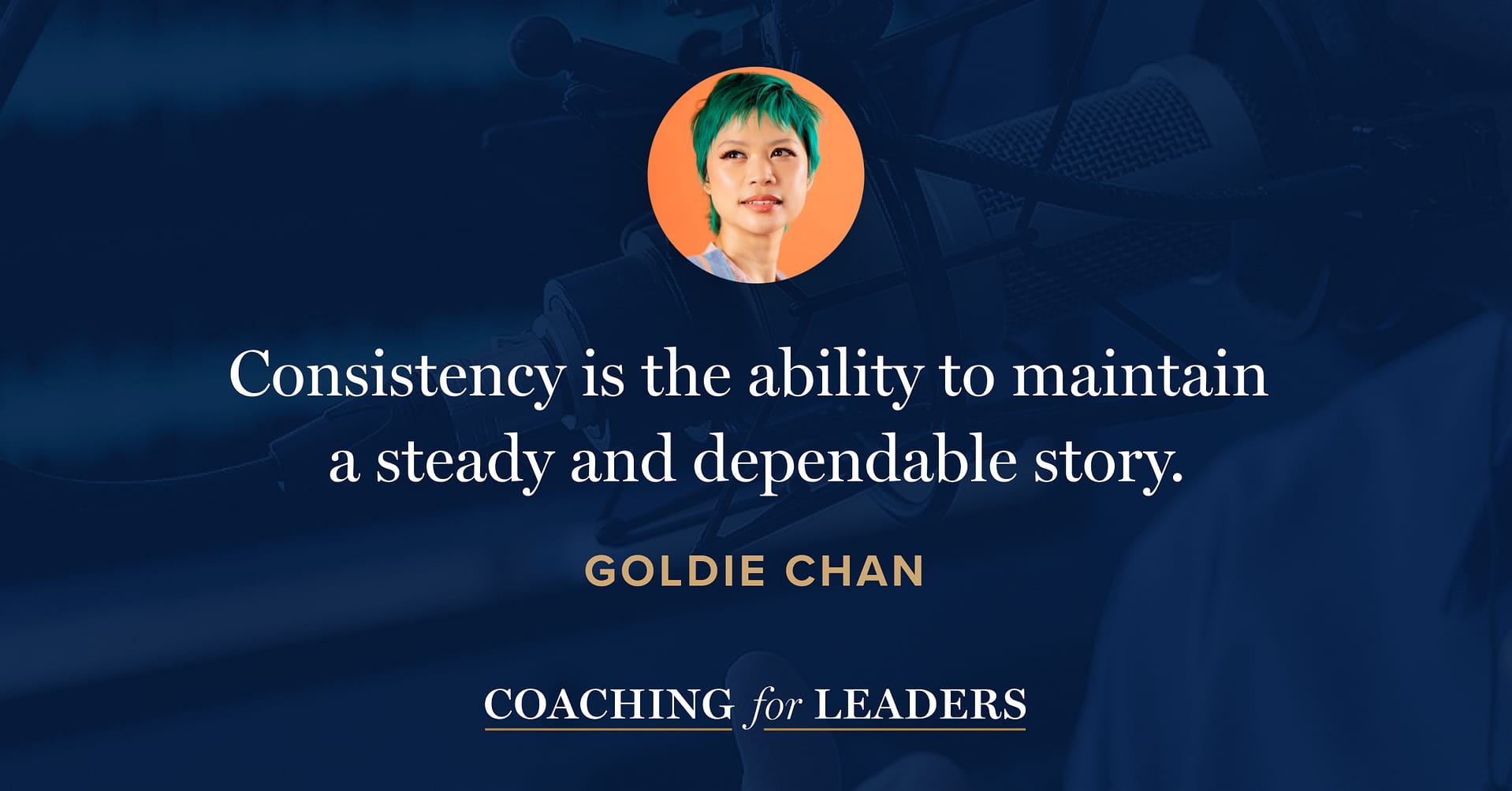Goldie Chan: Personal Branding for Introverts
Goldie Chan is the founder of Warm Robots, a social media strategy and creative agency, and she is herself a creative, keynote speaker, author, and cancer survivor. She was named the “Oprah of LinkedIn” by Huffington Post, and her creative video channel won LinkedIn Top Voice for Social Media. She is the author of Personal Branding for Introverts (Amazon, Bookshop)*.
Many of us aspire to have a powerful personal brand, but it’s not always clear where to start. In this conversation, Goldie and I zero in on the five elements that matter most – and what you can do to get started.
Key Points
Five C’s of personal branding:
- Clarity: Surface it by determining three words you want to be associated with.
- Consistency: The internet is for introverts. Find the medium where you can show up often and that plays to your strengths.
- Competency: Rather than promoting yourself, promote the ideas and practices you stand for through your experience.
- Confidence: Ego is when you shout who you are to a room, and confidence is when you know who you are in a room.
- Community: Join in on conversations with people discussing what you care about. Find these communities or build your own.
Resources Mentioned
Interview Notes
Download my interview notes in PDF format (free membership required).
Related Episodes
- The Four Critical Stories Leaders Need For Influence, with David Hutchens (episode 148)
- The Way to Get Noticed by Key Stakeholders, with Daphne E. Jones (episode 614)
- Your Reputation is Your Currency, with Maha Abouelenein (episode 703)
Discover More
Activate your free membership for full access to the entire library of interviews since 2011, searchable by topic. To accelerate your learning, uncover more inside Coaching for Leaders Plus.





